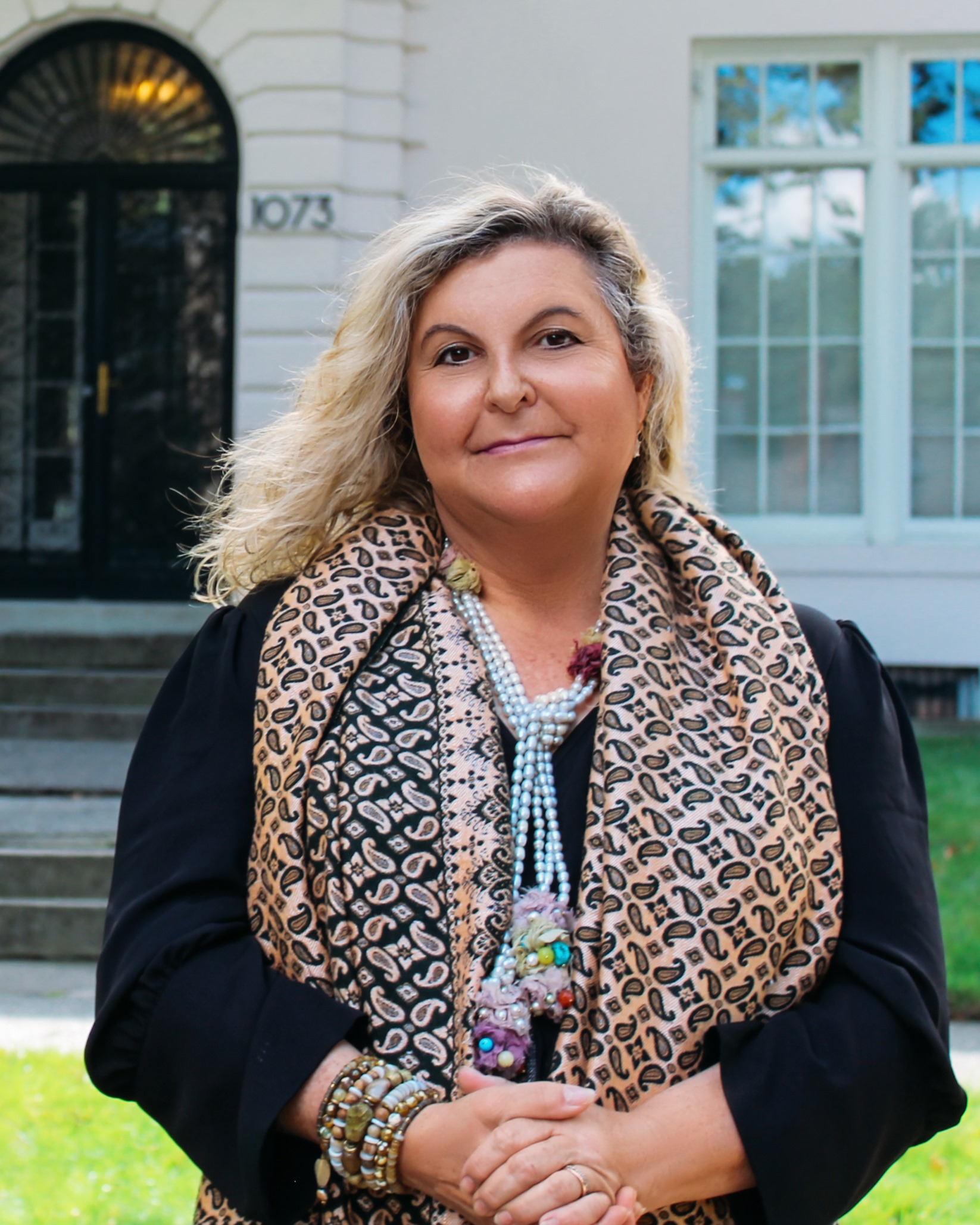Marta Carvajal, the VI Duchess of Aveyro, was born in 1967 in Madrid, Spain, to Luis Jaime Carvajal Salas, the V Duke of Aveyro, and Blanca Lopez-Chicheri. Her early life was marked by the challenges of living under Francisco Franco's dictatorship, where divorce was not an option for women. At the age of two, her mother left her father, taking Marta and her younger brother Jaime, due to the domestic violence and infidelity that marred their home. Despite the privileges of the aristocracy during that era, Marta's mother worked hard to provide a stable and respectable life for her children, navigating the difficulties of single motherhood without any external support.
Marta Carvajal, the VI Duchess of Aveyro’s life is marked by privilege and adversity. Her father, Luis Jaime Carvajal Salas, the V Duke of Aveyro, was a celebrated member of Spain's equestrian Olympic team, winning multiple championships in jumping events. Despite his wealth, Marta and her family received no alimony support from him after her parents' separation.
Her mother, Blanca Lopez-Chicheri, was a true pioneer. In the challenging environment of Francisco Franco's Spain, where women had limited rights, Blanca worked tirelessly in the insurance industry. She built an extraordinary career, helping other women navigate the difficulties of single motherhood, especially after democracy was restored. She established one of Spain’s most successful insurance networks and became a manager of women’s teams, advocating for their empowerment.
Blanca’s example of integrity, hard work, and dedication to helping others profoundly shaped Marta's values. Inspired by her mother’s legacy, Marta now honors pioneering women around the world as part of her social cause, promoting the values of philosophy, ethics, and humanity that her mother instilled in her”
From a young age, Marta Carvajal found solace in art, discovering her safe space in painting at just 7 years old. Her childhood was marked by the stark contrast between her parents: a father who inflicted pain and fear, and a mother who worked tirelessly to provide the best for her children. While her father enjoyed a life of wealth and indulgence, Marta witnessed his attempts to undermine her mother's success, creating a confusing and distressing environment for a child. During weekends spent with her father, far from her mother's comforting presence, Marta turned to art as a refuge, a way to express her loneliness and frustration. Art became a vital part of her childhood, helping her navigate the complexities of her early life.
Marta Carvajal’s passion for art was nurtured by her mother, who not only encouraged her but also provided her with the tools she needed to paint. Her mother’s unwavering support played a crucial role in Marta’s development as an artist. After spending a year in Dearborn, Michigan, as an exchange student—a program funded by her mother—Marta went on to join the University Complutense de Bellas Artes de Madrid. Her mother’s belief that "education is the best legacy I can leave to my children" was a guiding principle in Marta's life, shaping her pursuit of artistic excellence.
